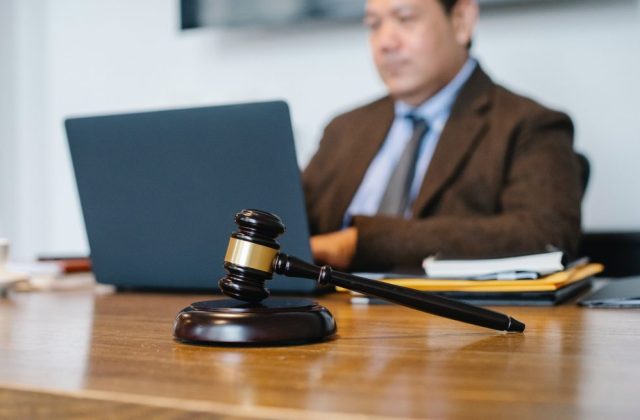Dealing with Police Stops: Dos and Don’ts
Police stops can be stressful and intimidating experiences, but knowing the dos and don’ts can help you navigate them with confidence. Whether you’re a driver pulled over for a traffic violation or an individual stopped on the street, understanding your rights and responsibilities is essential. This article provides valuable information for the audience in Canada, offering practical advice on Dealing with Police Stops
I. Being Pulled Over in a Vehicle
When you see those flashing lights in your rearview mirror, keep these dos and don’ts in mind:
Dos:
- Pull Over Safely: Slow down and pull over to the right side of the road as soon as it’s safe to do so.
- Stay Calm: Compose yourself and remain calm. Police officers are trained to deal with a variety of situations, and a cooperative attitude can make the process smoother.
- Provide Documentation: When requested, provide your driver’s license, vehicle registration, and proof of insurance.
- Ask for Clarification: If you’re unsure about the reason for the stop, politely ask the officer for clarification.
Don’ts:
- Flee or Resist: Running from the police or resisting arrest is illegal and can lead to serious consequences.
- Argue at the Scene: If you disagree with the officer, it’s best to comply at the scene and address any concerns through proper channels later.
- Admit to Offenses: You have the right to remain silent. Avoid volunteering information that could potentially be used against you.
II. Police Stops on Foot
Whether you’re on foot or pulled over while walking, the following dos and don’ts apply:
Dos:
- Stay Calm and Compliant: Like with vehicle stops, remaining calm and complying with the officer’s instructions is crucial.
- Identify the Officer: Politely ask the officer for their name and badge number for your records.
- Record the Interaction: If you have a smartphone, discreetly record the interaction. This can be useful in case of disputes.
Don’ts:
- Run or Resist: Running from the police or resisting arrest is illegal and can lead to charges.
- Argue on the Spot: Save any disputes or concerns for a later time or legal representation.
- Submit to Unlawful Searches: You have the right to refuse consent to an unwarranted search of your person or belongings.
III. Your Rights During a Stop
It’s important to know your rights during a police stop:
Dos:
- Remain Silent: You have the right to remain silent, which means you do not have to answer questions that may incriminate you.
- Ask if You’re Free to Go: You can ask the officer if you are free to leave. If they say yes, you can do so.
Don’ts:
- Self-Incrimination: Avoid volunteering information that may be self-incriminating.
- Consent to Searches: You have the right to refuse consent to a search if the officer does not have a warrant.
Conclusion
Dealing with police stops can be anxiety-inducing, but understanding the dos and don’ts can help you navigate these situations with confidence. Being respectful and knowing your rights is key to a successful interaction with law enforcement.
If you ever find yourself in a situation where you need legal assistance following a police stop, don’t hesitate to contact affordable criminal lawyer in brampton. They have the expertise and experience to provide guidance and support, ensuring that your rights are protected and that you receive fair treatment under the law. Your rights matter, and experienced legal representation can make all the difference.

